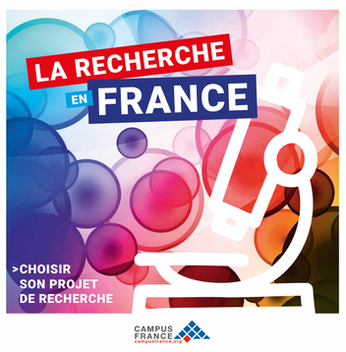
CNRS Medal of innovation 2021: the alliance of sciences, economy and social environments
The CNRS has just awarded the 2021 Medals of Innovation to four researchers: Antoine Aiello, Nora Dempsey, François Jérôme and Amanda Silva Brun. Their work shows the quality and dynamism of the research carried out in this French institution, as well as its integration into the socio-economic background.
Created about ten years ago, the Medal of Innovation “honours individuals whose outstanding research has led to significant technological, economic, therapeutic and social innovations”. This work provide value to French scientific research and opens it up to the world of today.
Four winners with different backgrounds and goals
The four winners of this year’s award all come from different backgrounds and each have a very specific field of research, from marine resources to micro-magnets, sustainable chemistry and regenerative medicine, which give rise to different forms of scientific exploitation.
This can take the form of patent applications, “pre-maturation programmes for innovative projects”, but also research laboratories in relation with economic players or the creation of start-ups. Thus, according to the CNRS Director General for Innovation, “scientists who wish to promote the results of their research in the socio-economic fabric now have a vast choice of opportunities”.

Antoine Aiello and the resources of the sea
A researcher in modelling and behavioural simulations of complex systems, director of the Stella Mare platform at the Pasquale Paoli de Corte University (Corsica), Antoine Aiello managed gather in his lab scientists, of course, but also professionals of the sea, environment managers and institutional stakeholders to build an “integrated management of fishing resources in Corsica”. For the researcher, this collective work must comply with a “vision of the world”: sustainable exploitation of natural resources in compliance with the specificities of a territory.
Nora Dempsey and the magnetic powers
After completing all her post-graduate studies in Ireland (including her doctorate), Nora Dempsey made the “choice of France” and joined the CNRS in 2001. A research director at the Institut Néel (a condensed matter physics research laboratory based in Grenoble), Nora Dempsey is also a physicist specialised in “high-performance micro-magnets with applications in the fields of energy and biology”. More specifically, these micro-magnets are “essential elements in the manufacture of hybrid vehicles and wind turbines”, which have led to the filing of patents.
François Jérôme and sustainable chemistry
François Jérôme is a research director at the Institute of Media and Materials Chemistry in Poitiers. His speciality is “biosourced and sustainable chemistry”, which aims to develop “molecules of interest from biomass” that can be a substitute for oil. Thanks to catalysis processes, the researcher transforms sugar of plant origin into speciality chemicals! This research has led to concrete applications in partnership with industry, for which François Jérôme has developed a process for synthesising an important component for electronics from sugar.
Amanda Silva Brun and regenerative medicine
Amanda Silva Brun holds a double doctorate (pharmaceutical galenics and cell biology) and is a CNRS research fellow at the University of Paris’ Matter and Complex Systems Laboratory. There, she is developing technologies for the “production and engineering of extracellular vesicles”, i.e. tiny “cell particles”, and their applications in regenerative medicine and the delivery of active ingredients. Based on her results in several of these areas, she has co-founded two start-ups.
Related contents
-
Collection10 good reasonsUpdatedMay 2023
-
CollectionResearch institutionsUpdatedMay 2022
Recommended News



























































